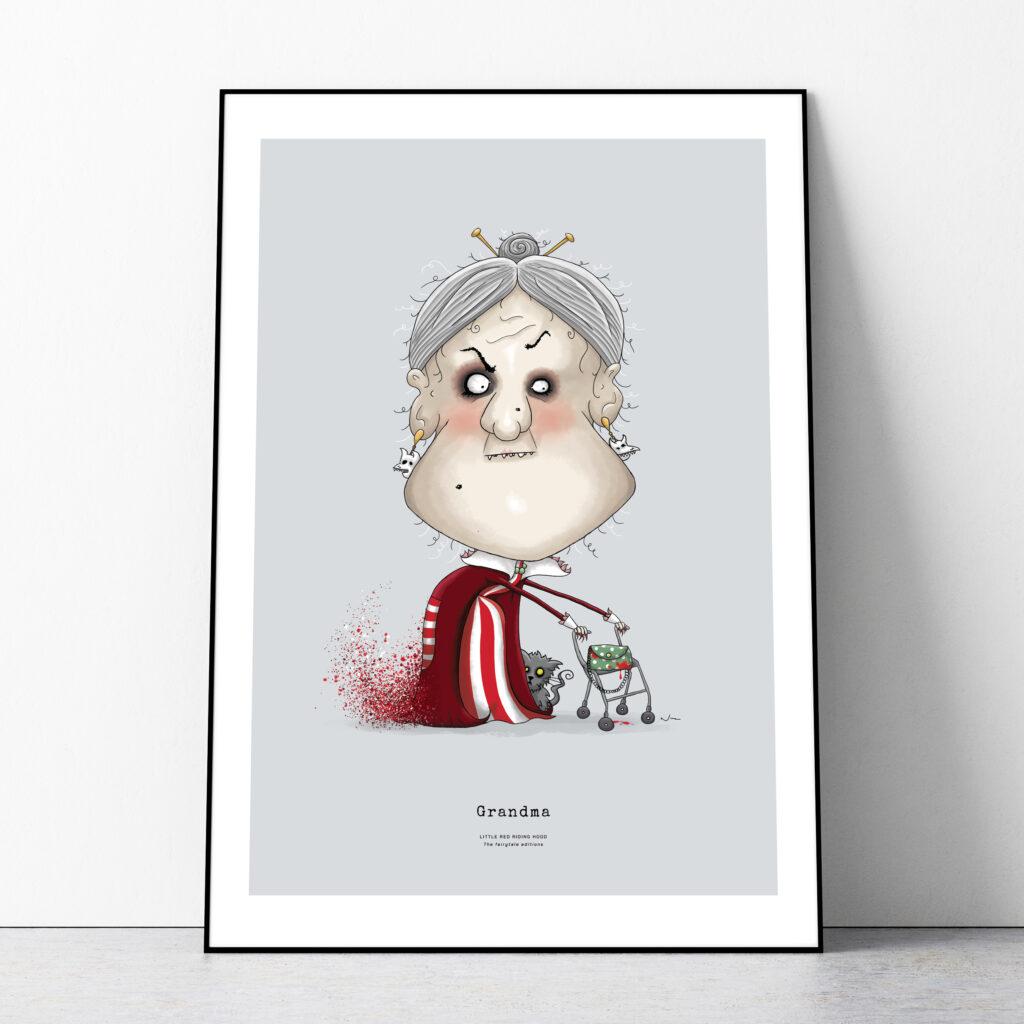

We’ve been calling her ‘Little Red Riding-Hood’, but of course that’s only a nickname.

She has not slept for eight nights, so anxious was she to come to you and to your house, Thrym.’Īll the better for conning you with, we might say.

‘Poor thing, poor thing,’ said Loki, ‘no wonder her eyes are glaring and staring. ‘Oh, how does it come that Freya has such glaring eyes?’ said Thrym. ‘Oh,’ said the Giants to Thrym’s mother, ‘we are not so sorry that we failed to win a bride from Asgard.’Īnd now a piece of the veil slipped aside and Thor’s eyes were seen for an instant. While the Giants watched, and while Loki nudged and nodded, he drank three barrels of mead. The servants were kept coming with measures to Thor. Thrym ordered his servants to bring a measure to his bride. Thor nodded his head toward the mead vat. ‘What she has eaten is little after all.’ ‘Poor darling, poor darling,’ said the Giant. And Freya never ate upon the way, so anxious was she to see Thrym and to come to his house.’ ‘No wonder she eats, poor thing,’ said Loki to Thrym. ‘These maids of Asgard,’ said the Giants to each other, ‘they may be refined, as Thrym’s mother says, but their appetites are lusty enough.’ The bride is really Thor in disguise (the similarities between this tale and Little Red Riding-Hood are already becoming apparent), so the mischievous Loki has to do some serious sales patter here: The Opies draw a link between this exchange and one found in the Elder Edda (thirteenth century), which sees the Norse night-god Loki explaining the somewhat unfeminine attributes of the ‘woman’ who is being offered to the giant Thrym as his bride. It turns out that this, too, is older than the 1690s version of the fairy tale published by Perrault. It is the girl’s failure to follow this instruction that leads to her encounter with the big bad wolf, and her subsequent fate (though as we’ve seen, she’s brought back from the dead, or at least from the wolf’s belly, in the Grimms’ version).īut it is that final conversation between the wolf and Little Red Riding-Hood which remains iconic. The Brothers Grimm made the moral clearer, with Little Red-Cap being told by her mother not to stray from the path. Little Red Riding-Hood is too innocent: she fails to realise that divulging the whereabouts of a vulnerable old woman might put her grandmother in danger, and then fails to run there as quickly as possible, in the hope of warning her grandmother or foiling the wolf’s plans (though it could be countered that a little girl would find it hard to outrun a wolf running at full pelt!). Little Red Riding-Hood goes out into the big bad world unsupervised, and is taken advantage of by the predatory wolf, which, thanks to her loose tongue, kills both her and her grandmother.

A number of fairy tales are about the dangers of going off into the woods alone and talking to strange men (or, for that matter, talking wolves): compare here ‘Goldilocks and the Three Bears’.


 0 kommentar(er)
0 kommentar(er)
